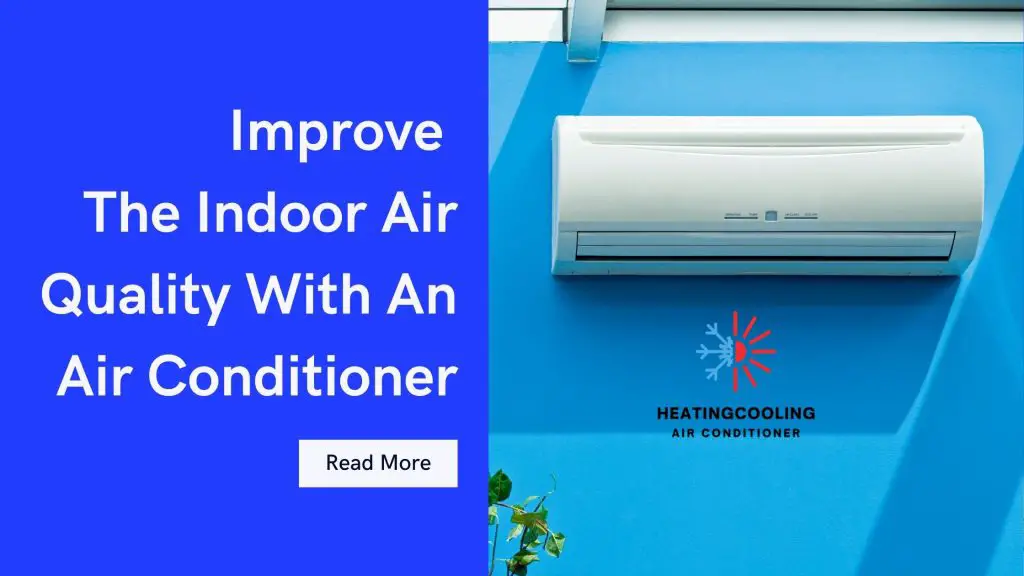Maintaining good indoor air quality is crucial for a healthy and comfortable living environment. An air conditioner, commonly used to control the temperature in our homes, can also play a significant role in improving indoor air quality. In this article, we will explore various ways to optimize your air conditioner’s performance to enhance the quality of the air you breathe indoors.
Are Air Conditioners Good For Indoor Air Quality?
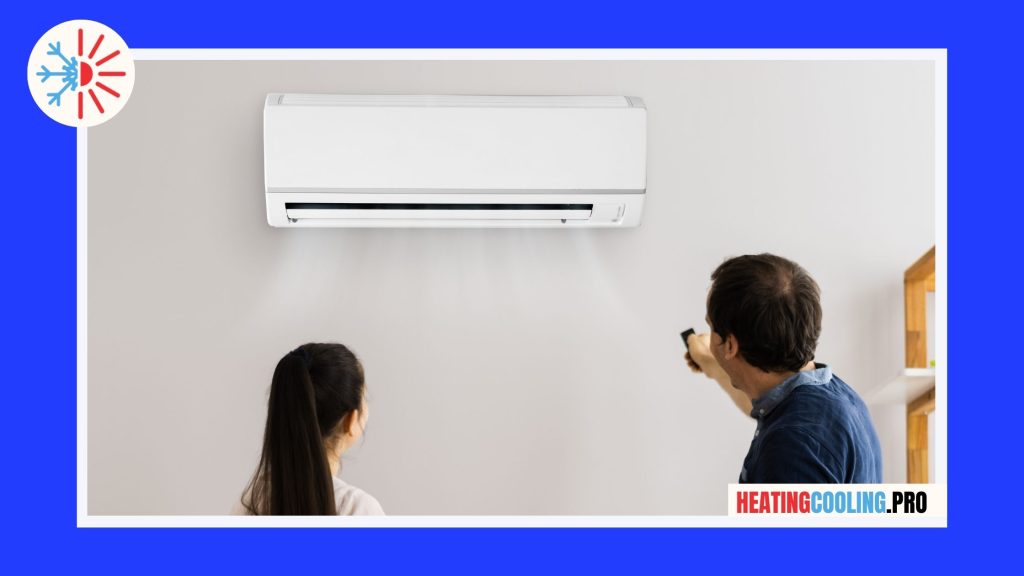
The quick answer to this question is yes, air conditioners can improve indoor air quality, but there are a few things to keep in mind. First of all, air conditioners can help remove moisture from the air, which can help reduce the likelihood of mold and mildew growth. They can also help filter out dust and other particles from the air, which can help reduce the amount of allergens in the home.
However, air conditioners can also create a number of indoor air quality problems. They can create indoor air pollution by introducing ozone and other pollutants into the air, and they can also create a breeding ground for mold and mildew. So, while air conditioners can improve indoor air quality, it’s important to take into account the potential problems they can cause. If you have any concerns about the indoor air quality in your home, be sure to consult with a qualified indoor air quality professional.
Does Air Conditioner Purify Indoor Air?
The answer to this question is a bit complex. Air conditioners do purify the air to some extent, but they are not meant to be used as a primary air purifier. The filters in air conditioners can help to remove some of the smaller particles from the air, such as dust, pollen, and pet dander. However, they cannot remove all of the pollutants from the air, and they cannot remove larger particles or gasses.
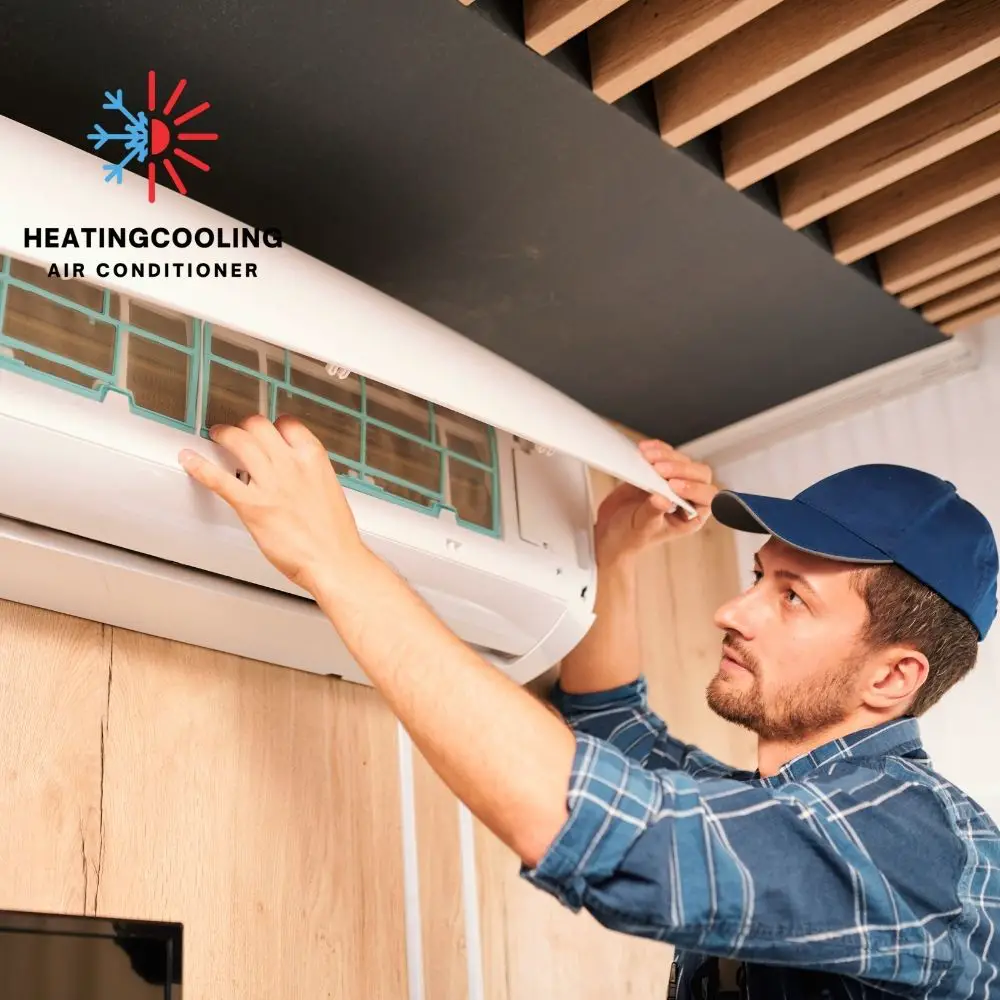
Air conditioners can also help to reduce the humidity in the air, which can help to reduce the growth of mold and bacteria. However, they cannot completely eliminate these organisms. Overall, air conditioners can help to improve the air quality in a room to some extent, but they should not be used as the only air purifier. There are many different types of air purifiers available that are specifically designed to remove pollutants from the air. These air purifiers can be a more effective way to improve the air quality in a room.
What Is The Most Effective Way To Improve Indoor Air Quality?
There are many ways that you can improve the air quality in your home. One of the most effective ways to improve indoor air quality is to install an air purifier. Air purifiers remove pollutants from the air and can help to reduce the number of asthma attacks and other respiratory problems. Another way to improve air quality is to keep your home clean. Dust mites are a common source of indoor air pollution. Dust mites thrive in environments that are humid and warm. To reduce the number of dust mites in your home, you should keep your home clean and dry. You can also improve air quality by opening your windows. Fresh air can help to improve the air quality in your home.
Do Air Conditioners Affect Air Quality?
The answer to this question is a bit complicated. Air conditioners do affect air quality, but the impact depends on a number of factors, including the type of air conditioner, the climate, and the type of air pollution.

Air conditioners work by cooling the air in a room. To do this, they use a refrigerant to remove heat from the air. This refrigerant can contain harmful chemicals, such as hydrofluorocarbons (HFCs) and chlorofluorocarbons (CFCs). When the air conditioner releases the refrigerant into the atmosphere, it can contribute to climate change and ozone depletion.
In some climates, air conditioners can also increase the levels of particulate matter in the air. Particulate matter is a mixture of small particles and liquid droplets. It can come from a variety of sources, including cars, power plants, and wildfires. Particulate matter can cause a number of health problems, including respiratory problems, heart problems, and even death.
Does Ac Purify Smoke?
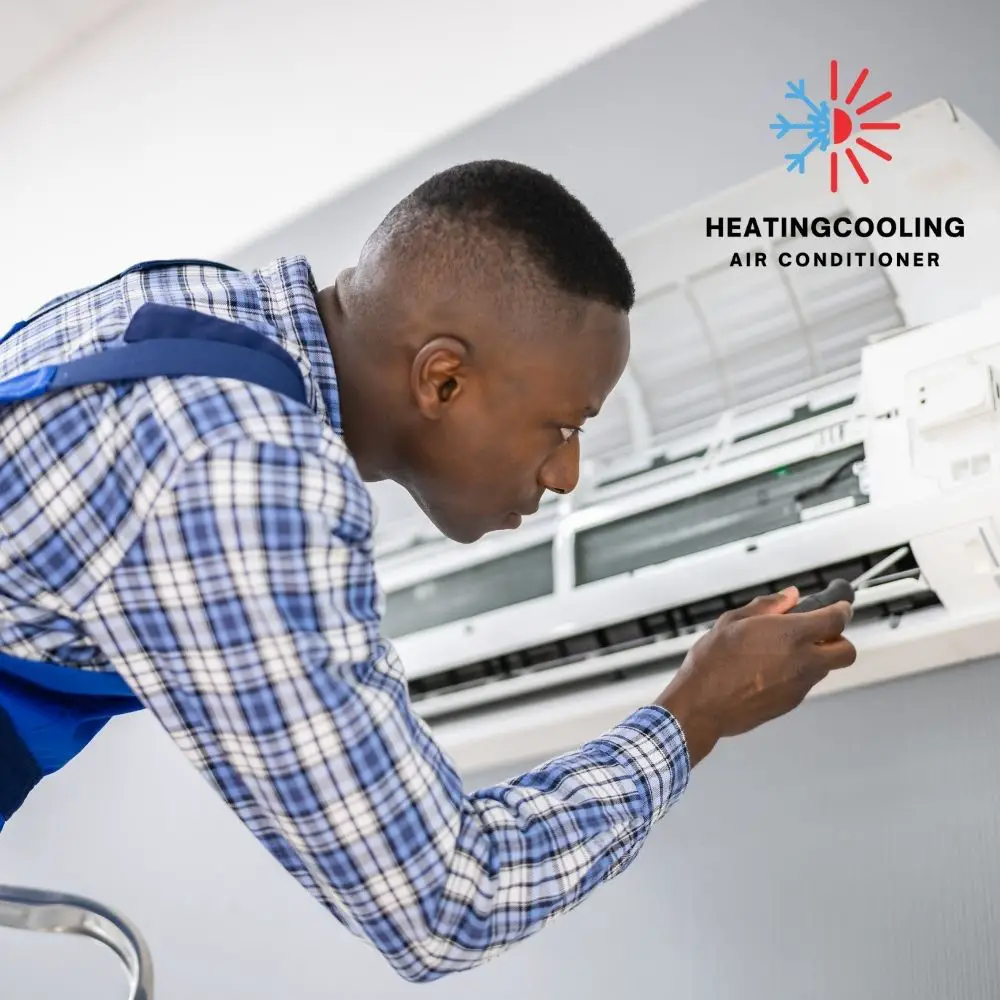
No, air purifiers do not purify smoke. Smoke is made up of tiny particles that can be carried in the air for long distances. Air purifiers are not designed to capture these tiny particles. Smoke from a fire contains different chemicals than the smoke from a cigarette. Some of these chemicals are harmful and can be dangerous to your health. Air purifiers are not designed to remove these chemicals from the air.
Does Air Conditioner Ventilate A Room?
Air conditioners are designed to move air around a room, which in turn cools and dehumidifies the air. This is accomplished by the system’s compressor, condenser, and evaporator. The compressor pressurizes the refrigerant, which causes it to heat up. The hot refrigerant then passes through the condenser, which is a coil of copper tubing that is cooled by air passing over it. This cooled refrigerant is then passed through the evaporator, which is a coil of copper tubing that is surrounded by cold air. The evaporator absorbs the heat from the room, and the refrigerant is then cooled and returned to the compressor.
8 Steps To Improve The Indoor Air Quality With An Air Conditioner
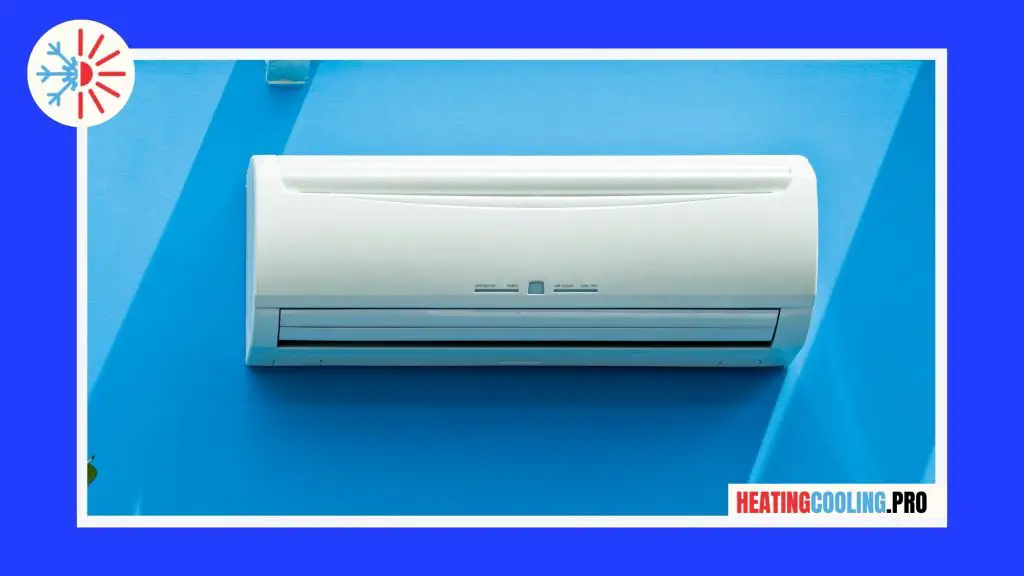
Most people don’t think about the quality of the air inside their home, but poor air quality can lead to a number of health problems. An air conditioner can help improve the indoor air quality by removing pollutants and allergens from the air.
An air conditioner can help remove pollutants and allergens from the air by trapping them in the filter. The filter traps the pollutants and allergens and prevents them from entering the air. The filter also removes dust, pollen, and other allergens from the air.
An air conditioner can also improve the indoor air quality by cooling the air. The cooling process helps to reduce the humidity in the air. The reduced humidity helps to reduce the growth of mold and bacteria.
An air conditioner can also help to improve the indoor air quality by distributing the air evenly throughout the home. The air is distributed evenly throughout the home and prevents hot and cold spots.
- Regular Maintenance: To ensure your air conditioner functions efficiently and improves indoor air quality, it is essential to perform regular maintenance. This includes cleaning or replacing air filters every 1-3 months, depending on usage. Dirty filters can accumulate dust, allergens, and mold spores, reducing air quality. Additionally, schedule professional maintenance at least once a year to inspect and clean all components of your air conditioner, including evaporator coils, condenser coils, and drainage systems.
- Use High-Quality Filters: Investing in high-quality air filters for your air conditioner can significantly improve indoor air quality. Look for filters with a high MERV (Minimum Efficiency Reporting Value) rating. These filters effectively capture smaller particles like dust mites, pollen, pet dander, and even bacteria and viruses. However, it’s important to balance the MERV rating with your air conditioner’s airflow capacity to avoid strain on the system.
- Consider HEPA Filters: HEPA (High-Efficiency Particulate Air) filters are renowned for their exceptional air filtration capabilities. These filters can remove up to 99.97% of particles as small as 0.3 microns. While most residential air conditioners are not designed to accommodate HEPA filters, you can purchase portable air purifiers with built-in HEPA filters to place strategically in your living spaces.
- Control Humidity Levels: High humidity levels can lead to mold and mildew growth, which greatly impacts indoor air quality. Air conditioners help dehumidify the air by cooling it, which causes moisture to condense. Make sure your air conditioner is properly sized for your space to effectively control humidity levels. Additionally, consider using a standalone dehumidifier in areas with excessive moisture, such as basements and bathrooms.
- Ventilate Your Home: While air conditioners recirculate air within your home, it’s important to introduce fresh outdoor air to maintain good indoor air quality. Open windows and doors whenever possible, especially during cooler times of the day, to allow for cross-ventilation. You can also install ventilators or exhaust fans in your kitchen and bathrooms to remove pollutants and excess moisture.
- Keep Your Home Clean: Regular cleaning practices play a significant role in maintaining good indoor air quality. Dust and vacuum frequently to remove allergens and dust mites from surfaces and carpets. Clean bedding regularly to minimize exposure to dust mite allergens. Additionally, use natural cleaning products or those labeled as low in volatile organic compounds (VOCs) to avoid introducing harmful chemicals into your indoor air.
- Avoid Smoking Indoors: Cigarette smoke is a notorious indoor air pollutant, containing numerous harmful chemicals that can lead to respiratory problems and other health issues. It is essential to avoid smoking indoors to maintain optimal indoor air quality. If you or someone in your household is a smoker, consider restricting smoking to designated outdoor areas or quitting altogether.
- Install UV Lights: Ultraviolet (UV) lights can be installed within your air conditioning system to prevent the growth of mold, bacteria, and viruses. These lights emit UV-C rays, which are germicidal and can destroy microorganisms. While UV lights are not a substitute for regular maintenance and cleaning, they can provide an additional layer of protection to improve indoor air quality.
Conclusion
Improving indoor air quality is essential for maintaining a healthy and comfortable living environment. By following the tips outlined in this article, you can optimize your air conditioner’s performance to enhance air quality. Regular maintenance, high-quality filters, humidity control, proper ventilation, cleanliness, and avoiding smoking indoors are all crucial steps. Consider incorporating these practices into your routine to ensure the air you breathe indoors is clean, fresh, and free of pollutants.
